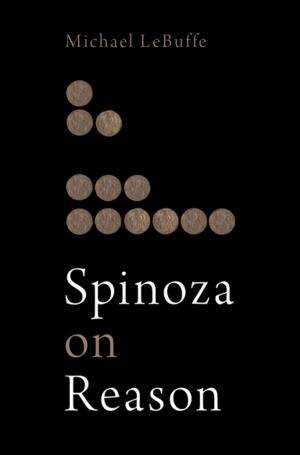Random Families
Genetic Strangers, Sperm Donor Siblings, and the Creation of New Kin
Nonfiction, Reference & Language, Law, Family Law, Social & Cultural Studies, Social Science, Cultural Studies, Ethnic Studies, Sociology| Author: | Rosanna Hertz, Margaret K. Nelson | ISBN: | 9780190888299 |
| Publisher: | Oxford University Press | Publication: | November 7, 2018 |
| Imprint: | Oxford University Press | Language: | English |
| Author: | Rosanna Hertz, Margaret K. Nelson |
| ISBN: | 9780190888299 |
| Publisher: | Oxford University Press |
| Publication: | November 7, 2018 |
| Imprint: | Oxford University Press |
| Language: | English |
The ready availability of donated sperm and eggs has made possible an entirely new form of family. Children of the same donor and their families, with the help of the internet, can now locate each other and make contact. Sometimes this network of families form meaningful connections that blossom into longstanding groups, and close friendships. This book is about unprecedented families that have grown up at the intersection of new reproductive technologies, social media and the human desire for belonging. Random Families asks: Do shared genes make you a family? What do couples do when they discover that their children shares half their DNA with a dozen or more other offspring from the same sperm donor? What do kids find in common with their donor siblings? What becomes of these chance networks once parents and donor siblings find one another? Based on over 350 interviews with children (ages 10-28) and their parents from all over the U.S., Random Families chronicles the chain of choices that couples and single mothers make from what donor to use to how to participate (or not) in donor sibling networks. Children reveal their understanding of a donor, the donor's spot on the family tree and the meaning of their donor siblings. Through rich first-person accounts of network membership, the book illustrates how these extraordinary relationships -- woven from bits of online information and shared genetic ties -- are transformed into new possibilities for kinship. Random Families offers down-to-earth stories from real families to highlight just how truly distinctive these contemporary new forms of family are.
The ready availability of donated sperm and eggs has made possible an entirely new form of family. Children of the same donor and their families, with the help of the internet, can now locate each other and make contact. Sometimes this network of families form meaningful connections that blossom into longstanding groups, and close friendships. This book is about unprecedented families that have grown up at the intersection of new reproductive technologies, social media and the human desire for belonging. Random Families asks: Do shared genes make you a family? What do couples do when they discover that their children shares half their DNA with a dozen or more other offspring from the same sperm donor? What do kids find in common with their donor siblings? What becomes of these chance networks once parents and donor siblings find one another? Based on over 350 interviews with children (ages 10-28) and their parents from all over the U.S., Random Families chronicles the chain of choices that couples and single mothers make from what donor to use to how to participate (or not) in donor sibling networks. Children reveal their understanding of a donor, the donor's spot on the family tree and the meaning of their donor siblings. Through rich first-person accounts of network membership, the book illustrates how these extraordinary relationships -- woven from bits of online information and shared genetic ties -- are transformed into new possibilities for kinship. Random Families offers down-to-earth stories from real families to highlight just how truly distinctive these contemporary new forms of family are.















